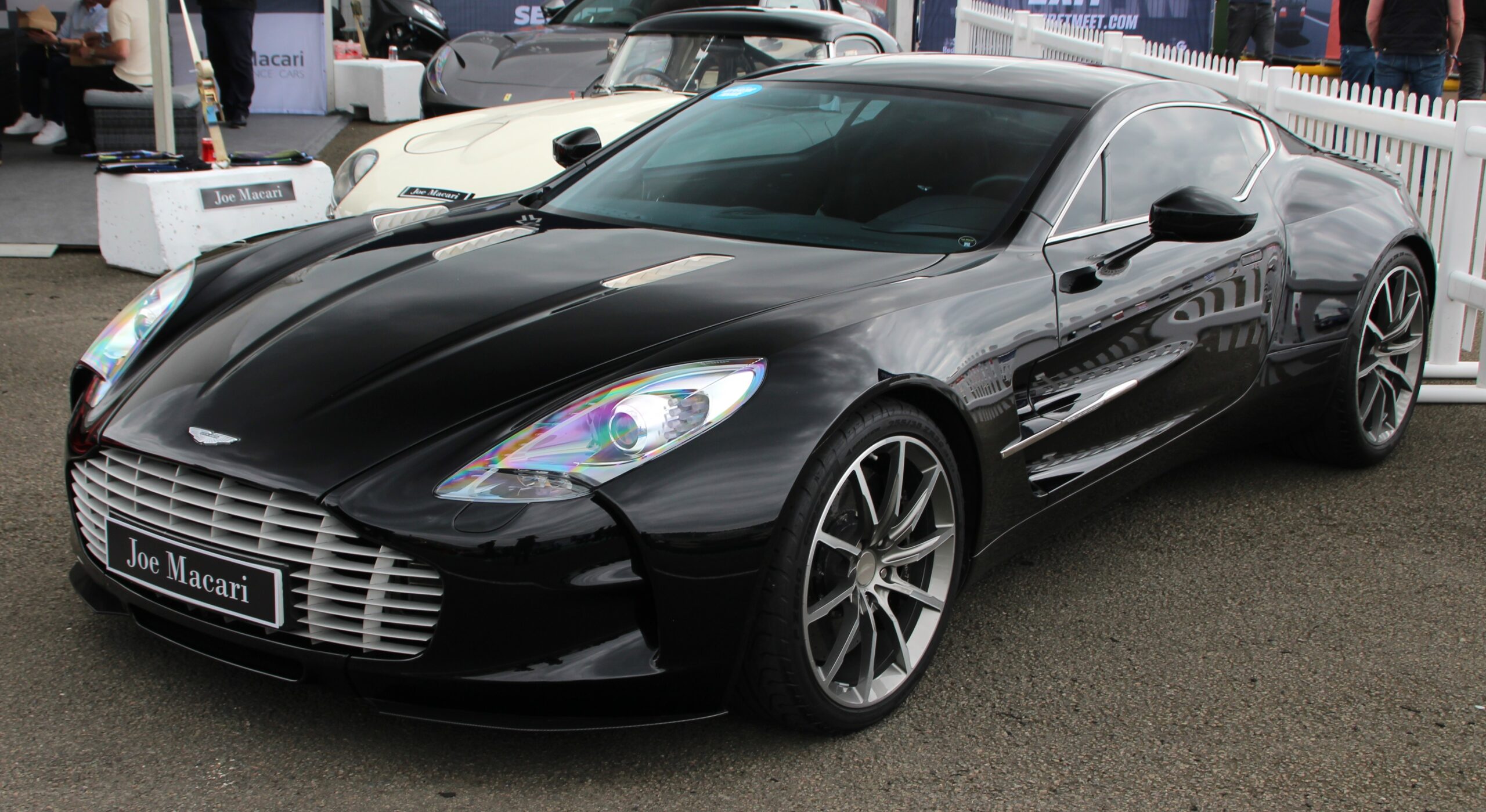Aston Martin has blamed Donald Trump’s tariffs for a profit warning, as the carmaker urged the UK government to offer more “proactive support”.
The company, which manufactures its cars in factories in Warwickshire and south Wales, downgraded its profit outlook on Monday for the second time this year. It said that it now expects to make a larger loss than the £110m loss that was the lower end of its profit forecasts.
The carmaker hit out at the UK government, telling investors that while it was engaged with officials from both sides of the Atlantic, it had had “positive dialogue” directly with the US administration but sought “more proactive support” from British ministers.
It urged UK officials “to protect the interests of small-volume manufacturers, like Aston Martin, who provide thousands of jobs, making an important contribution to local economies and to the wider UK automotive supply chain”.
Trump has disrupted the global economy with a trade war this year, causing a shake-up in the car industry with his imposition of a 25% tariff on 3 April on top of an existing 2.5% levy.
In May the US president and Keir Starmer agreed a deal to limit tariffs on 100,000 British-made cars a year to 10%. That rate came into force on 30 June, the final day of Aston Martin’s second financial quarter.
However, Aston Martin criticised the trade deal, arguing “the introduction of a US tariff quota mechanism adds a further degree of complexity and limits the group’s ability to accurately forecast for this financial year end and, potentially, quarterly from 2026 onwards.”
The carmaker also blamed weaker demand partly on “the increased potential for supply chain pressures, particularly following the recent cyber incident at a major UK automotive manufacturer”.
The British car industry has been rattled this year by a cyber-attack on Jaguar Land Rover, the biggest automotive employer in the country, which prompted it to freeze its production.
Shares in Aston Martin, which is listed on the London Stock Exchange, fell by more than 11% as trading opened on Monday morning before recovering some ground to be down 7%.
The group delivered 1,430 cars in its third quarter of the year, missing previous guidance of being “broadly similar” to the 1,641 vehicles in the equivalent period last year.
The wobble in demand comes as Aston Martin prepares to launch its $1m (£743,000) Valhalla, a mid-engine hypercar that it hopes will drive up profits. It expects to start deliveries of the car in the final quarter of its financial year, although it said a forecast of about 150 deliveries in those three months was behind previous expectations, which reflected engineering delays.
skip past newsletter promotion after newsletter promotion
Aston Martin, whose cars have long featured prominently in the James Bond films, has started a review of its future cost and spending plans, which it said would probably result in lower capital investment in engineering and development compared with previous guidance of about £2bn between its 2025 and 2029 financial years.
The company also told investors that it no longer expects to generate positive free cash flow for the second half of its current year.
A government spokesperson said: “Our automotive sector is hugely important to our economy and was a real priority in our landmark trade deal with the US. We remain the only country to have a tariff rate as low as 10% for cars, protecting thousands of jobs in the sector.
“We are working with industry so that they can take advantage of the quota effectively and fairly while ensuring the UK remains a top destination for investment in automotive manufacturing through our plan for change.”
Separate figures from the Society of Motor Manufacturers and Traders, a lobby group, showed the market for new cars in the UK grew by 13.7% to reach 312,891 vehicles last month, the best September performance since 2020.
It was the best month to date for battery electric vehicles, with 72,779 registrations in September, accounting for 23.3% of the market. That was driven by manufacturer discounting, a wider range of models and the government’s electric car grant, SMMT found.

